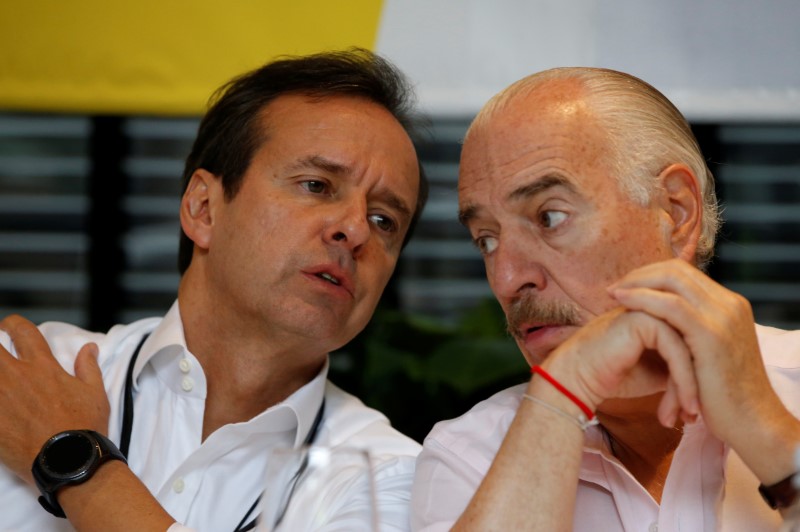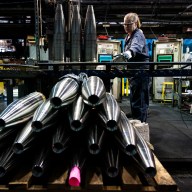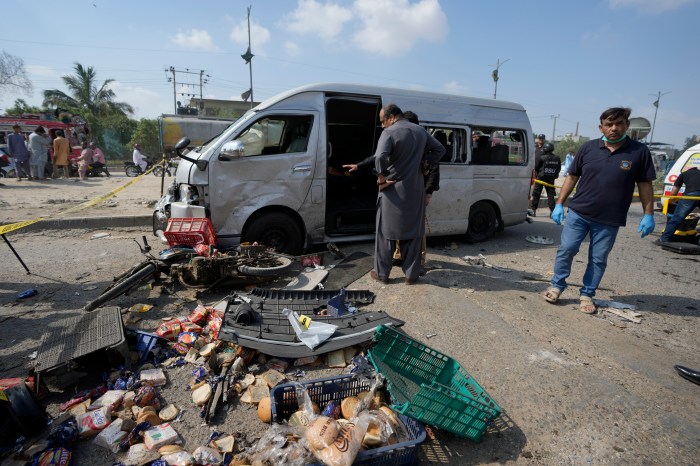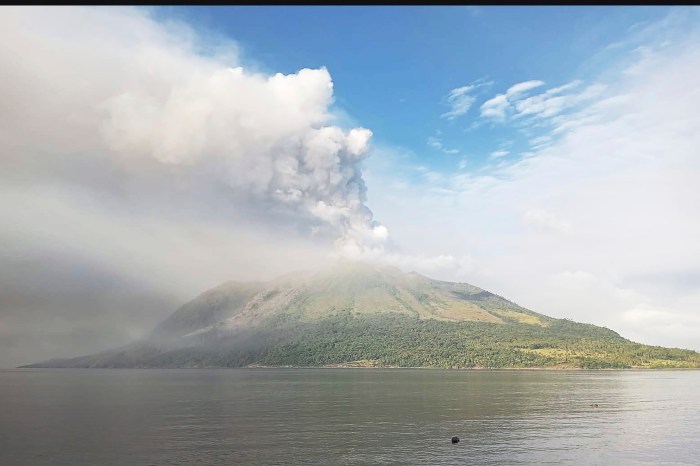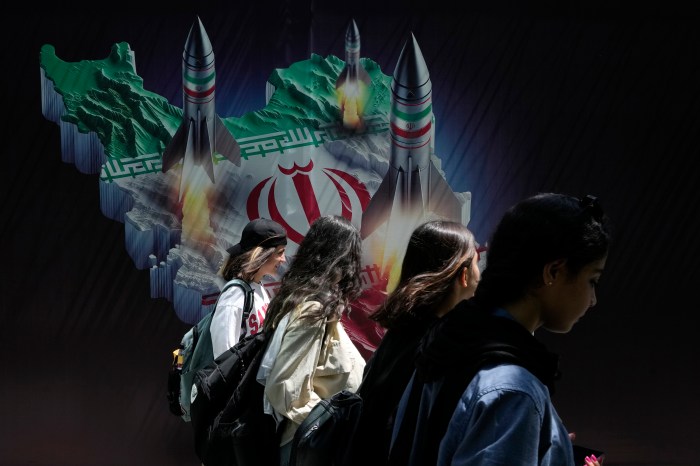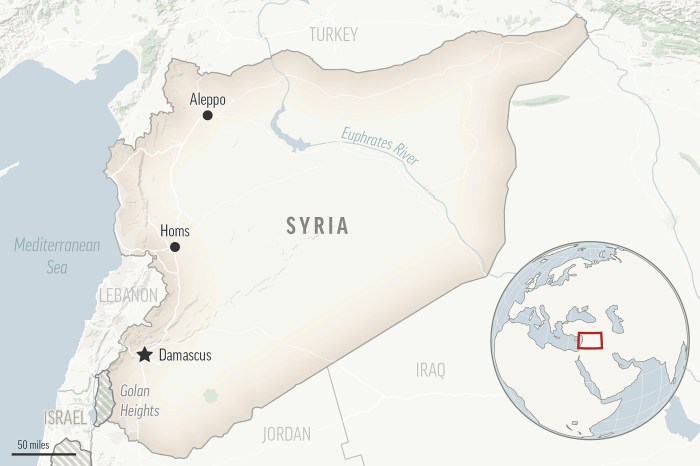HAVANA (Reuters) – Former Colombian President Andres Pastrana and ex-Bolivian President Jorge Quiroga said they were denied entry to Cuba on Wednesday, after traveling to the Communist-run island to receive an award from a local dissident group.
The conservative former leaders said they were detained at Havana airport on their arrival in the country to receive the award on behalf of the Democratic Initiative of Spain and the Americas (IDEA), a forum of 37 former presidents and heads of state.
“The Cuban dictatorship deported us today from the island for defending the democratic principles of the region,” Pastrana wrote on Twitter. He also posted a photo of himself and Quiroga aboard a plane, flashing an “L” sign with their thumbs and forefingers to signify “libertad” (freedom).
The Cuban foreign ministry declined to comment on the incident. But the Communist Party newspaper Granma accused IDEA, in an editorial Wednesday headlined “Prizes, provocations and failed ideas,” of seeking to sabotage “progressive projects” across Latin America.
“As in 2017, the delivery of the prize is accompanied by a plan to stage a provocation in the Cuban capital this week, create instability and damage the country’s international image,” Granma wrote.
The Colombian foreign ministry said in a statement it had contacted the Cuban government about the incident and was told by the Cuban embassy in Colombia that Pastrana had been informed on Tuesday he would not be admitted to the island because of his planned attendance at IDEA.
“The Colombian government regrets that these kind of incidents happen to Colombians who have been friends of countries close to ours,” the statement added.
Foreign dignitaries were also denied entry to Cuba last year when the Latin American Network of Youth for Democracy, a dissident group critical of Cuba’s government, awarded its international prize for human rights and democracy on the island for the first time.
Cuba brands dissidents as mercenaries, funded by foreign governments and exiles and out to topple the government.
(Reporting by Sarah Marsh in Havana; Additional reporting by Julia Symmes Cobb in Bogota; Editing by Lisa Shumaker)

